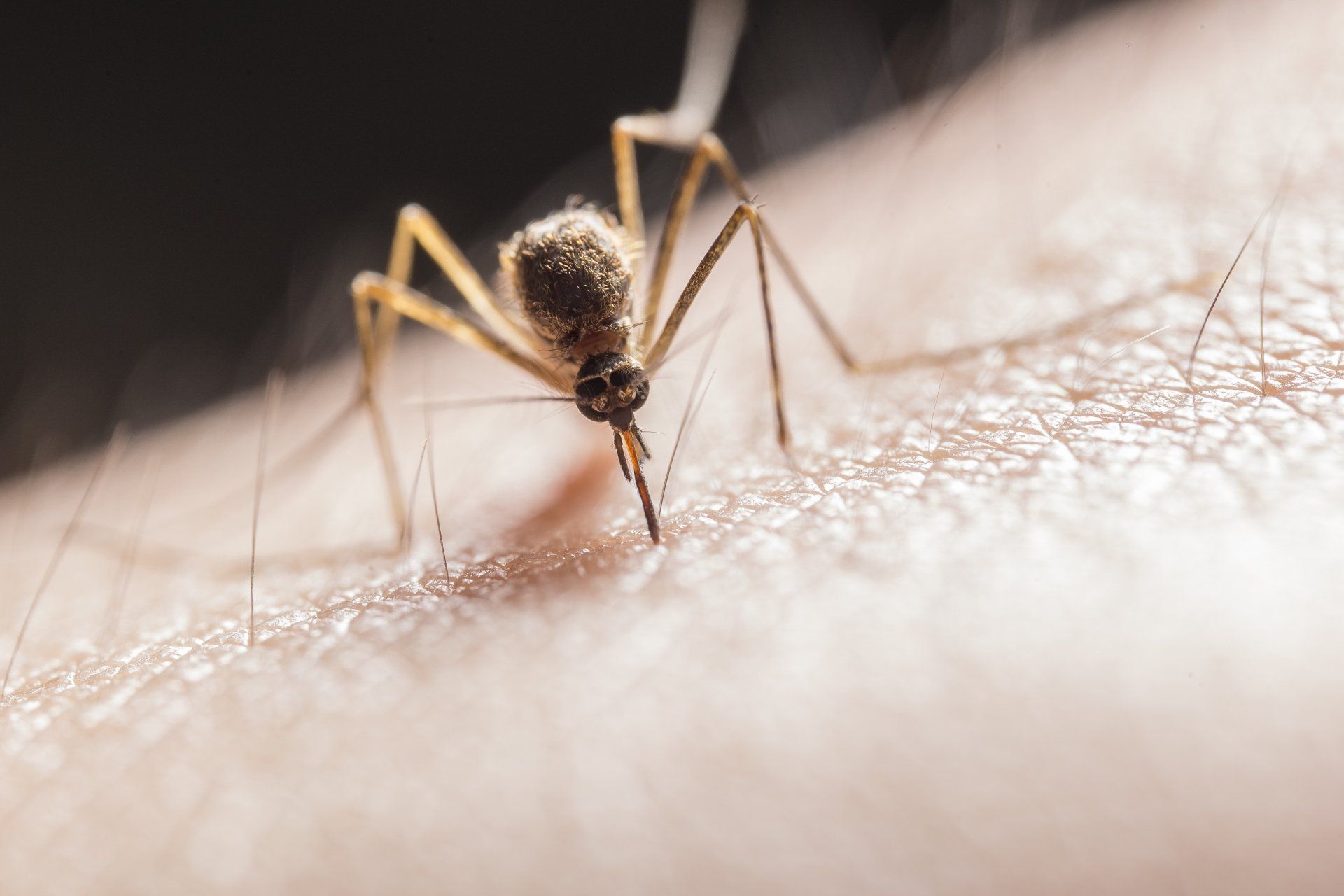How Sleep Can Help Weight Loss
How Sleep Can Help Weight Loss
What's the Link?
Sleep plays an unquestionably significant part in maintaining a healthy body and mental well-being. Evidence from epidemiology suggests that while the prevalence of obesity has increased over the last 50 years, the length of our sleep and quality of sleep has declined. Numerous studies have suggested that there is a causal connection between poor sleep and increased weight gain, with multiple explanations which are convincing. Research on sleep deficiency has shown an increase in the risk of developing metabolic illnesses as well as weight gain and an elevated risk of developing chronic health issues. While more research is required to better understand the intricate connection between weight and sleep, there are a variety of theories that offer convincing proof.
How can sleep affect your weight?
Appetite
You could be excused for thinking that the urge to eat is merely an emotional weakness that healthy and fit people have but do not engage in. It's more than just an attitude; research suggests that people who get plenty of sleep might not have as much appetite as those who aren't getting a good night's rest. Ghrelin and leptin, two neurotransmitters, are the key to regulating appetite. Ghrelin increases appetite, whereas leptin stifles it. Every day, the body makes these neurotransmitters at different levels to indicate when we need to eat more calories. Sleep regulates the neurochemicals in our bodies, with studies showing greater levels of ghrelin as well as lower levels of leptin in people who aren't getting the recommended amount of sleep every night. If you're struggling to get between seven and nine hours of rest and you're not getting enough sleep, you're likely to experience more appetite but not be as satisfied as those who sleep well.
Food Choices
In spite of the fluctuating levels of hormones that signal hunger, based on the length of our sleep and duration, we could be deciding to eat more calories after an evening of sleepiness. A study showed that people who were sleep-deprived would be more inclined to choose snacks with 50 percent more calories than those that had a restful night's rest and were also more prone to gravitate to foods high in carbs. Furthermore, the participants in the test were less likely to resist high-calorie foods like cookies and ice cream despite having had an enormous meal just two hours before. Another study also found that the consumption of late-night snacks increased among those who were deficient in sleep. It is believed that the absence of a quality night's rest can influence your ability to make healthier decisions the next day, which makes it difficult to resist temptation and refrain from calorie-dense food items, which can result in weight growth. This is a crucial aspect in reducing obesity among teens and children who aren't as worried about losing weight, and having a high quality of sleep is crucial in this critical phase of their growth.




